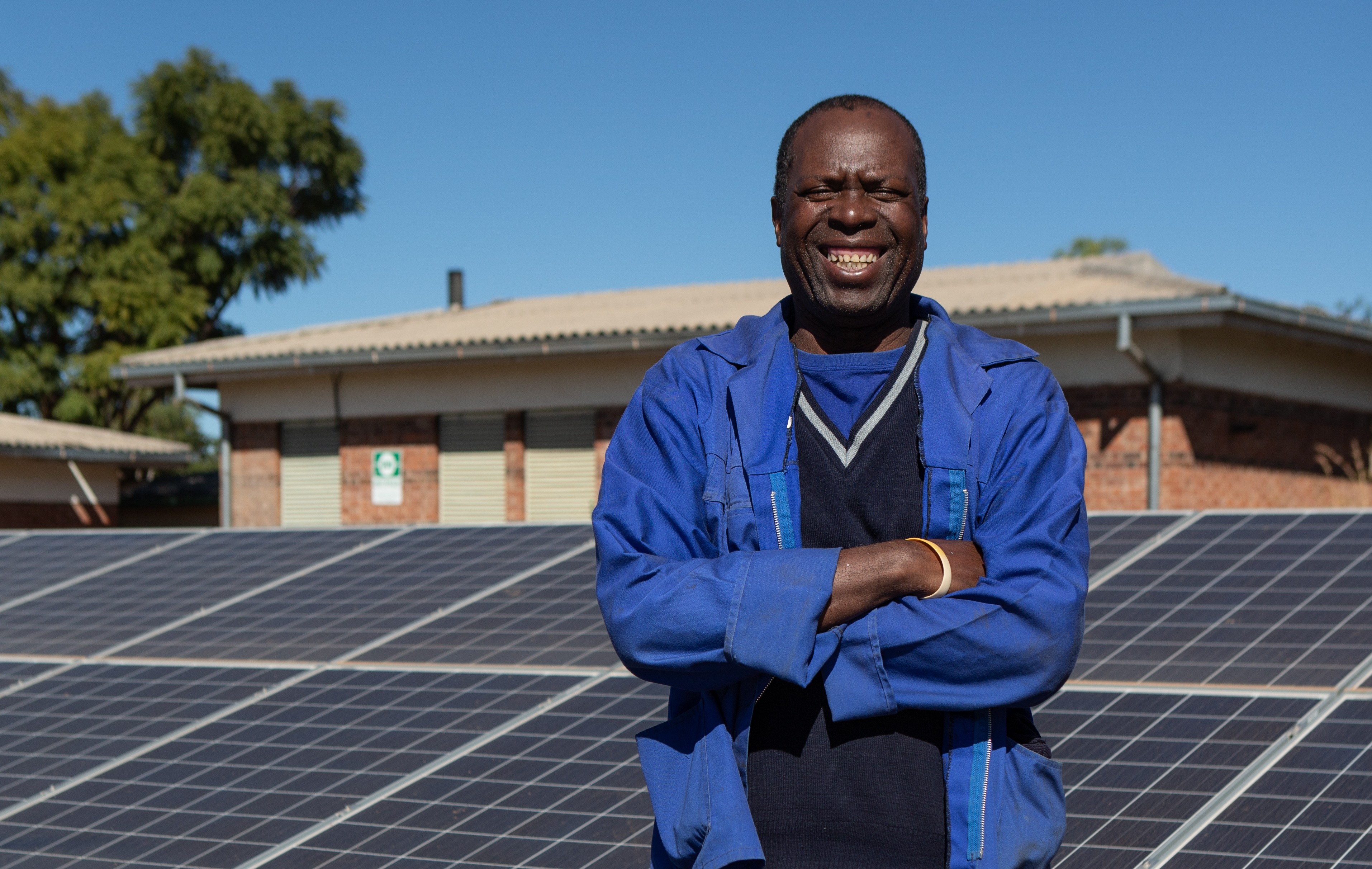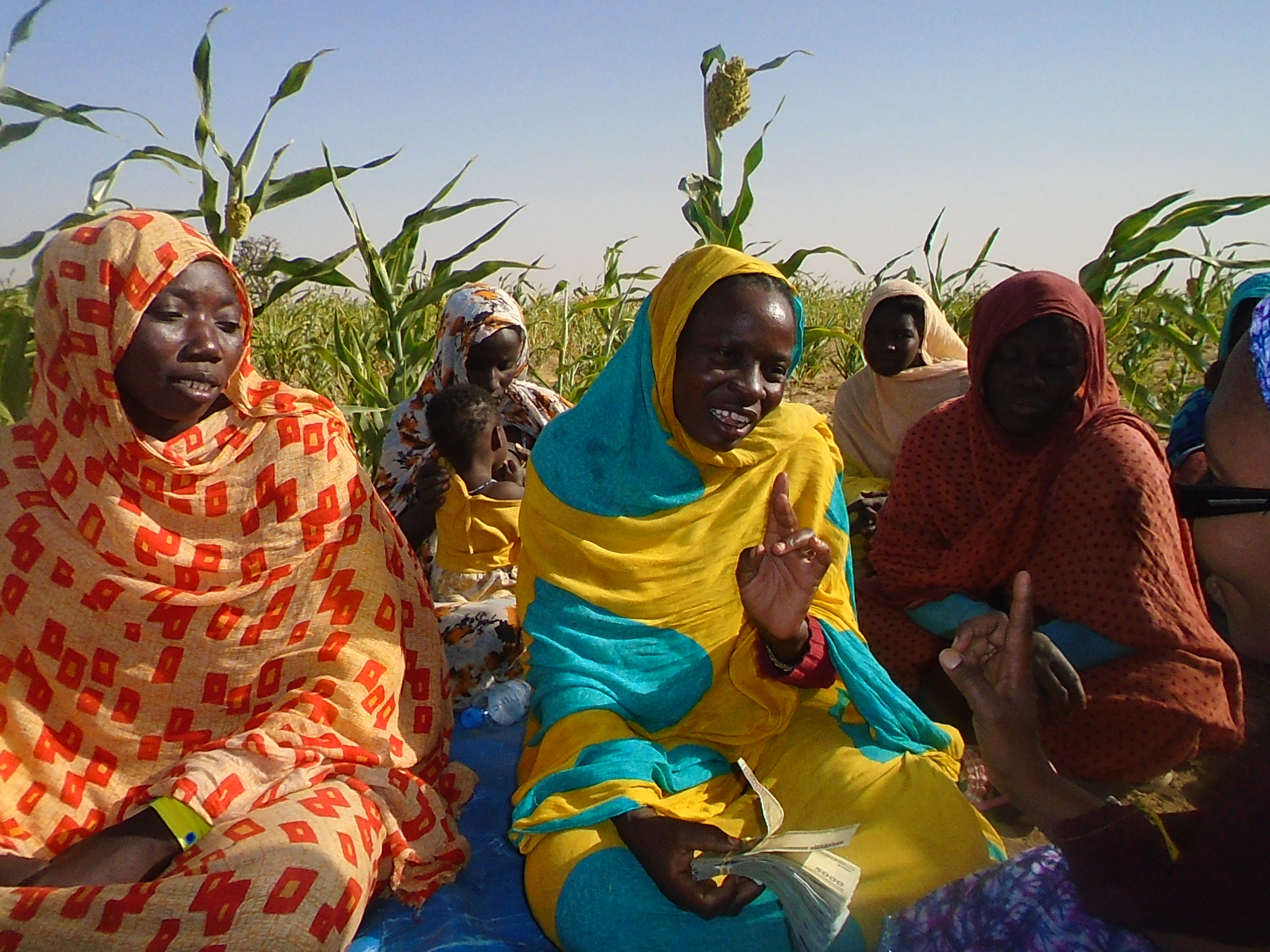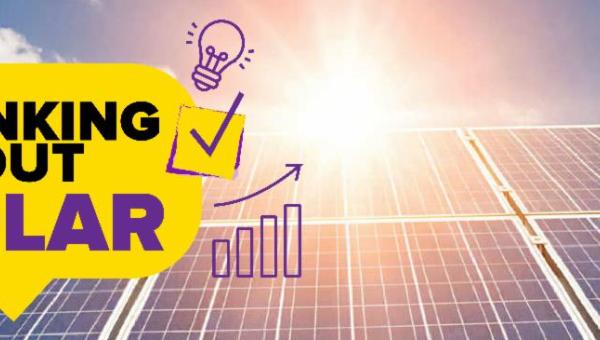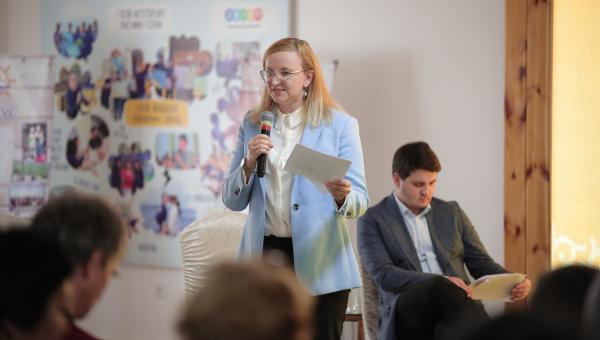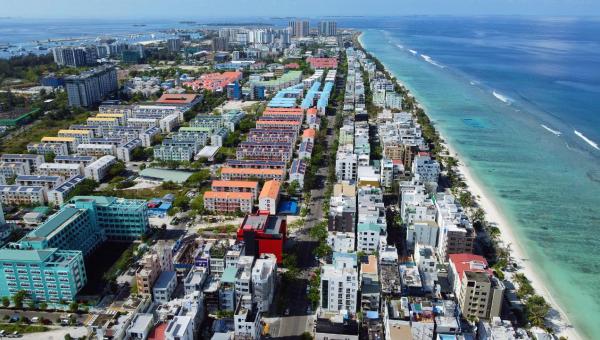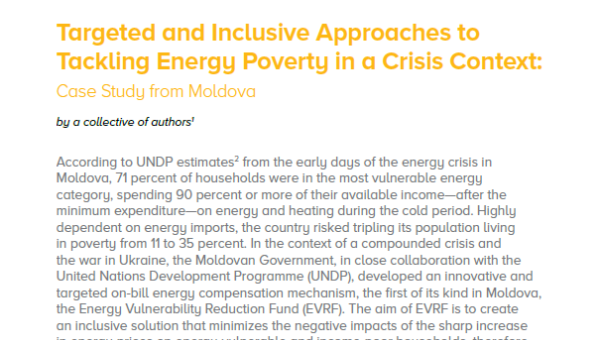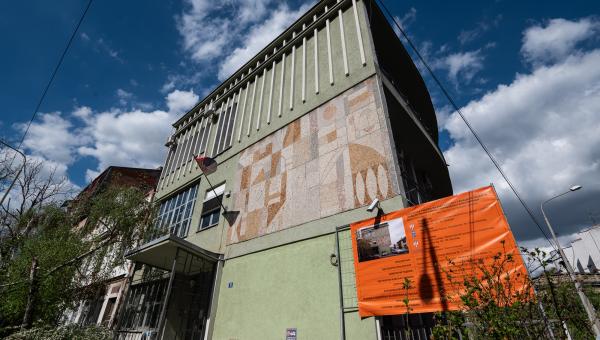Our work areas
Energy access
Our focus
-
Our work on energy access includes access to electricity and access to clean fuels and technologies for cooking.
-
We focus on catalyzing financing for scalable and integrated programming in nexus areas, including health, agriculture, and gender, to enable progress on multiple Sustainable Development Goals. As such, we prioritize projects that support the productive use of energy. In addition, ongoing country-level action assessment opportunities aim to maximise impact by building on existing initiatives, and identifying new ones, to at least half participating countries’ current energy access deficit by 2025.
-
We work across a range of contexts to reach last-mile communities – urban and rural, in least developed, developing and emerging countries. The majority of our energy access portfolio is in sub-Saharan Africa, where 75% of the world’s un-electrified population and 40% of the world’s population without access to clean cooking lives.
Latest news and stories

 Locations
Locations


